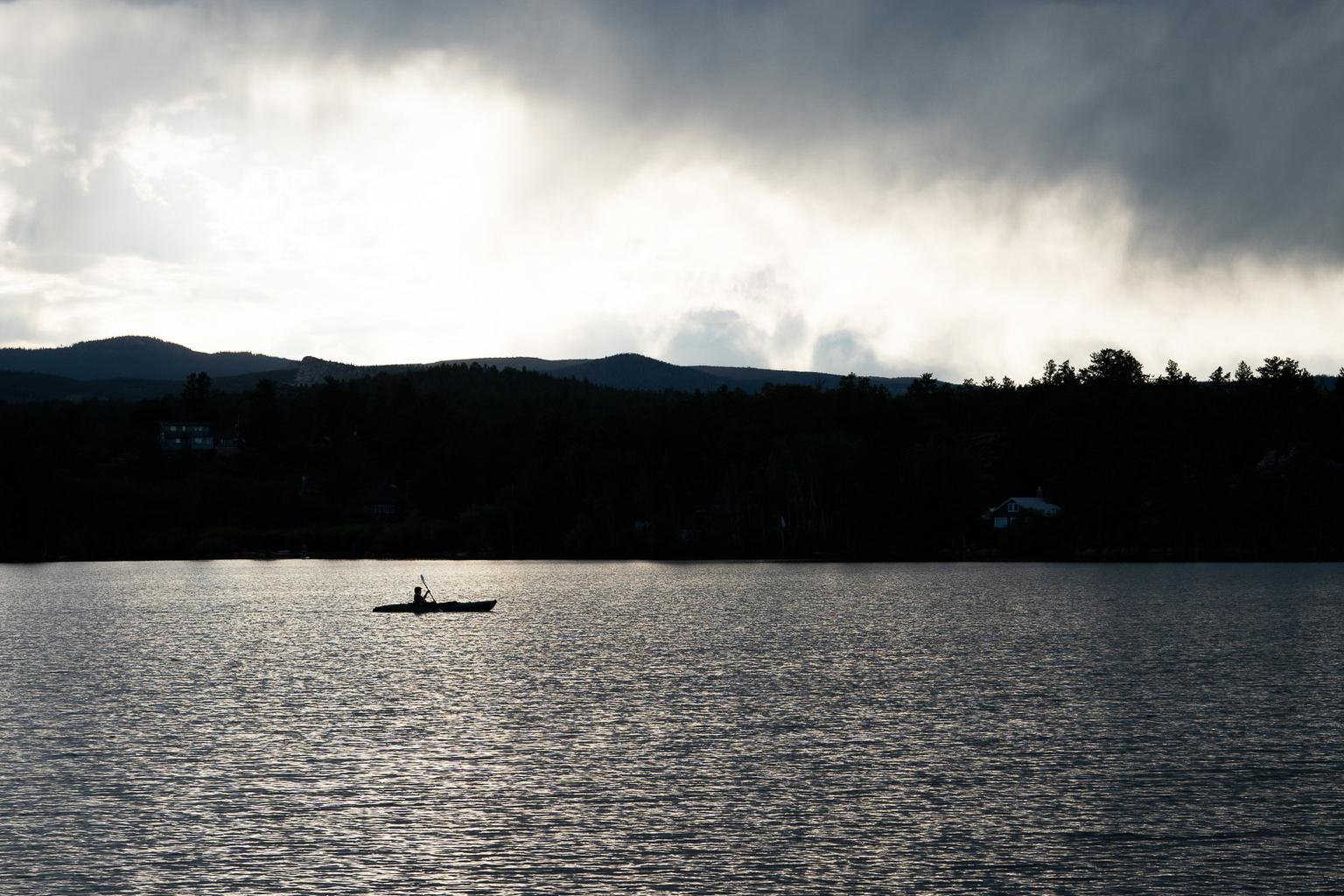Three Poems From "Bad Fame" Processionalia Out the shaganappy of Colorado Highway 50,
past Damon Runyon
Stadium and the steel-mill lake,
slag-pocket, second home for petulant
boozers, past
the Greenwood Inn’s music
still playing into morning for fourteen-
year-old boy-men
slow dancing with divorcees,
past fields of radishes and Italian farmers
as thick as Chevys, past pink,
purple, robin’s-
egg-blue slick coats of Mexican shacks
and the goat-cheese shop,
its parking lot
full of black cars rumored bigwig Mafiosi’s,
past the wrought-iron gates
and heavenly angels
guarding Roselawn Cemetery with marble
swords, past the blue-jeaned
groundskeepers joking
as they put away their shovels, past
all this scholia
to the canopied gathering
and my ten-year-old, acolyte, altar-boy self
giving up cub-reporter
daydreams, home-run daydreams,
but not looking at the bronze casket he’ll
get ten bucks for
helping lower and not looking either
at the protandric priest’s smooth-shaven jowls
or the blanket of flowers
rising from the lawn like phosphorescent
anger, but watching, instead, a bee
abandon the tea roses
and circle that black blossom of
the widow’s veiled face as if her tears were
pollen and the bee could feather
its legs with grief
and change it—can grief ever change?—into honey. This Is the Library Straight down from the Train Room
This library is for children, and the train room is, too.
We had a train room in our house when I was nine.
My brother built it. It was sort of square.
But it was in the basement, and it opened onto a bigger room—
you could close it off, though, with one of those bamboo curtains,
you know? My brother made it, the train room. Why, yes he did.
He knew how to make things, my brother. He could make trains,
and—you know what?—he could make bridges and towns, too. And I put people in them. And yellow lights late at night,
and gravel and green grass during the day, and families and filling stations
and switching stations and train cars that were chock-full of stories
about madness and jubilance. You might break your heart, you know,
having a train room. You might learn how to live—how things are, the way stories are, made. The Rainbow Diary It’s summertime. Let’s go everybody. Everybody ready?
A family packing for a trip, three boys, their hair cut
in burrs, the mother holding a camp stool and looking
at the oldest boy who’s looking at the middle boy who’s
looking at the youngest while they duel with fishing rods
and the father looks at the mother. Will they catch many fish?
How much will be spoken? How much will be left unspoken?
See the youngest slit his thigh with the fish knife? Watch
the middle boy, his hand severed by the outboard and drifting
like a small shoe toward the lake bottom. Is the oldest losing
an eye, the iris snagged like a rainbow trout? Is the father
driving their car, with all of them in it, into the river?
Is the mother whispering prayers? How much love can they kill?
How many fish can they catch? How many will they throw back?
How many will get away? See the car fly backward from river
to road? Such a home movie! Watch the boy’s hand turn and swim
back to its wrist and join—how the skin sutures itself!
They’re teasing over dinner. No furies, no sudden danger.
What about hope? What about the blue and yellow and orange
pages of the mother’s journal? “Today, dear diary, another first. . . .” Reprinted from "Bad Fame." Copyright © Martin McGovern, 2015. Used by permission of Able Muse Press. |










